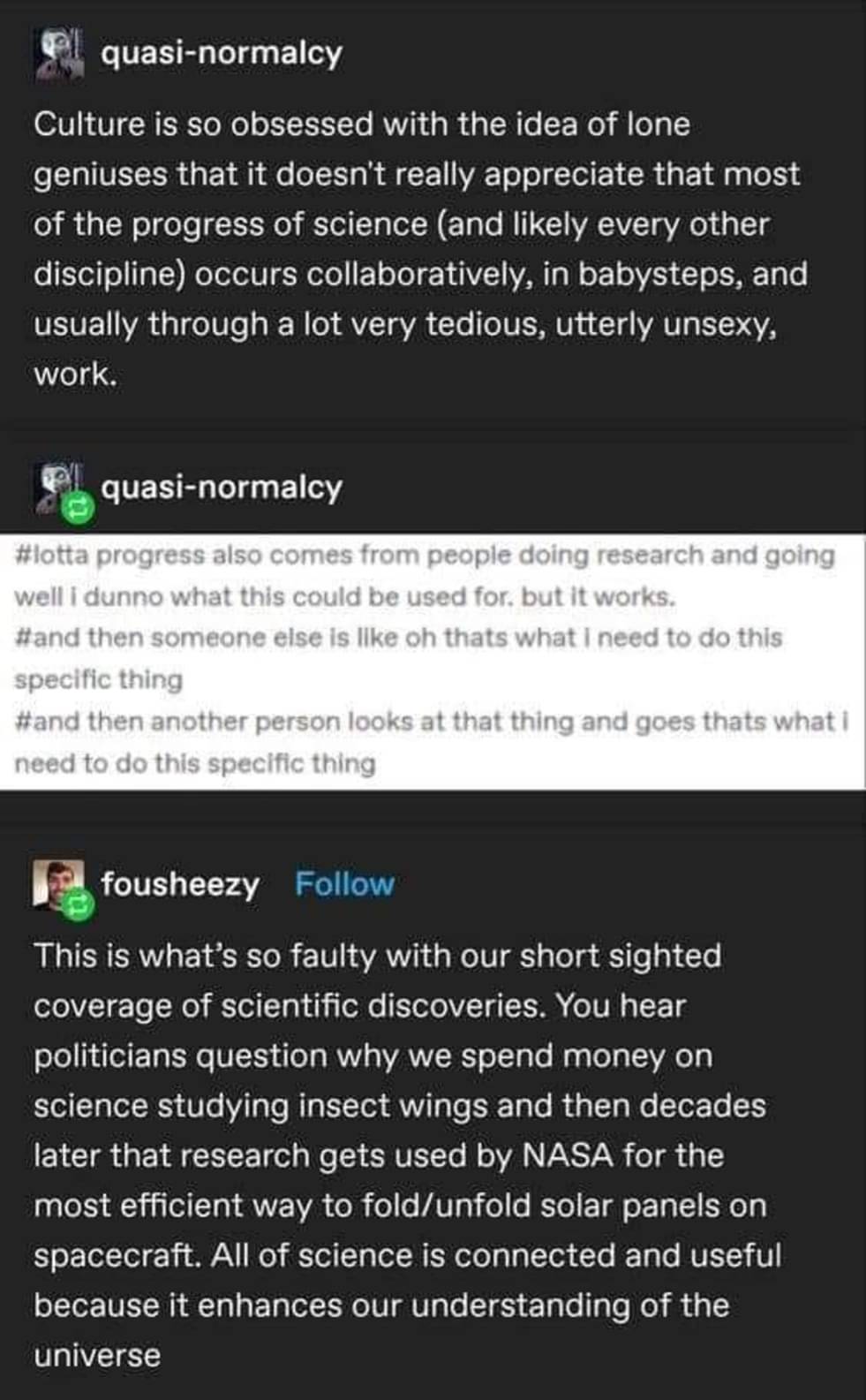I'd like to take this opportunity to highlight a recent discovery that I think should be shouted from every major news outlet. The implications are big, but they're rather technical and non obvious.
https://www.youtube.com/watch?v=B1PbNTYU0GQ
In short, it turns out water evaporates much faster from to light than heat. Green light with a certain polarization hitting the water surface at a 45 degree angle seems to do best. From the research slides, the effects of polarization and angle might be small. That means green LEDs (which are cheap and very efficient, but wouldn't be polarized on their own) can evaporate lots of water. Something like 4 times the amount we would get from using the same amount of energy to heat it up. This is being called the photomolecular effect.
This fills in a big gap in our climate models. There have been measurements done on clouds that show water was evaporating much faster than theory would predict. I'm not clear on if it would make the results more pessimistic or not. My guess is that more clouds in the model increase the albedo of the Earth, thus reflecting more light back into space, and the resulting temperature should be lower. But I'll hold off on strong opinions until the models get updated.
The other big thing is desalination. Most desalination plants don't use thermal evaporation because it's too energy intensive. They use reverse osmosis. The photomolecular effect brings up the possibility of an even more efficient solution to drinking water problems.
I haven't seen academic research into this yet, but I also wonder about the implications for lithium extraction from sea water (and pretty much any other sources, really). Lithium is basically one of the salts you remove during the desalination process, so the photomolecular effect potentially makes sea water extraction cheaper. Lithium from sea water is an indefinite resource--there's more there than we would know what to do with.
Edit: actually, scratch the desalination aspects.
- Multi-stage flash distillation takes 23-27 kWh to get 1 m3 of water
- RO desalination can get you 1 m3 of water with only 3 kWh
So thermal distillation is almost an order of magnitude behind, and the 4 fold improvement doesn't fully close that gap. In fact, it's worse than that. The multi-stage plant works by recovering heat when the distilled water is recondensed. Merely heating water to do this would take 626 kWh per m3. That's more than two orders of magnitude, and since we can't benefit from a multistage setup to recover heat when using the photomolecular effect, it's going to be a 4 fold improvement over that very high number.
Still, very big news for improving our climate models.

